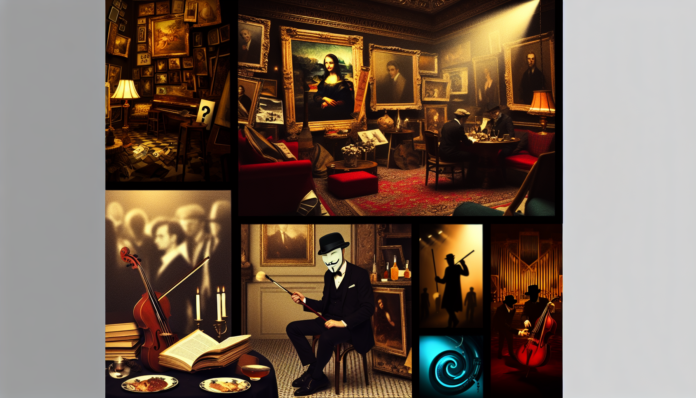Introduction
Elvis Presley, the King of Rock ‘n’ Roll, was as famous for his iconic voice and hip-shaking moves as he was for his scandalous love life. Emerging from the conservative backdrop of the 1950s, Elvis became a cultural phenomenon whose personal relationships often captured just as much attention as his music. During a time marked by strict societal norms, Elvis’s affairs not only defied expectations but also sparked heated debates about morality and celebrity culture.
The Scandal
Among the many tales of infidelity and romantic entanglements, one of the most publicized was Elvis’s relationship with Priscilla Beaulieu, who would later become his wife. The couple met in 1959 when Priscilla was just 14 years old and Elvis was stationed in Germany with the Army. Their romance ignited immediately; however, Priscilla’s youth raised eyebrows. The couple’s passionate but controversial relationship was often scrutinized, evoking strong reactions from the public and the press alike.
Key events include:
- In 1963, after a whirlwind romance, Elvis invited Priscilla to live with him in Graceland. This marked a pivotal moment in their relationship amid rising public interest in the connection.
- Priscilla’s parents were initially opposed, but they eventually allowed their daughter to continue seeing Elvis, albeit with strict conditions. “Being with Elvis was like being in a whirlwind. At times, it felt surreal,” Priscilla later reflected in her memoir.
- The couple’s marriage in 1967 occurred under the watchful eye of a scandal-hungry media, and Elvis’s past relationships—including notable affairs with actresses such as Ann-Margret—were frequently revisited.
Critics and fans alike had varied opinions about their relationship, often reflecting broader societal attitudes. Many viewed Elvis as a heartthrob who took advantage of a young girl, while others romanticized their connection as a classic love story.
Moral and Cultural Analysis
The public’s reaction to Elvis and Priscilla’s relationship was a blend of fascination, disapproval, and intrigue. In the conservative America of the 1960s, a relationship involving an underage girl and a famous adult male was scandalous. Women’s liberation was just beginning to gain traction, and many societal norms around gender, power, and relationships were being challenged.
-
Consequences for Elvis: While his career soared, his relationships were often a double-edged sword. The scrutiny he faced influenced his public persona, leading him to maintain a carefully curated image.
- Public Perspective: Most fans rationalized the age difference as a typical case of “just Elvis being Elvis.” However, critics pointed out the ethical implications, raising questions about consent and the dynamics of power in celebrity relationships.
In today’s world, their relationship would likely be viewed through a more critical lens. Modern discourse surrounding consent and age dynamics in relationships draws sharper attention to power imbalances, highlighting ethical considerations that were largely overlooked in the 1960s.
- Changing Values: Currently, a relationship similar to Elvis and Priscilla’s might invoke outrage, painting Elvis as a predatory figure. The discourse around such connections is heavily influenced by movements advocating for women’s rights and the importance of relationship equity.
In sum, Elvis’s affairs not only altered his personal life but also mirrored the transformation of societal norms surrounding celebrity relationships, love, and morality from the 1950s to today. As the King of Rock ‘n’ Roll, Elvis didn’t just change the music scene—he also rewrote the rules on how we perceive love among the stars.

